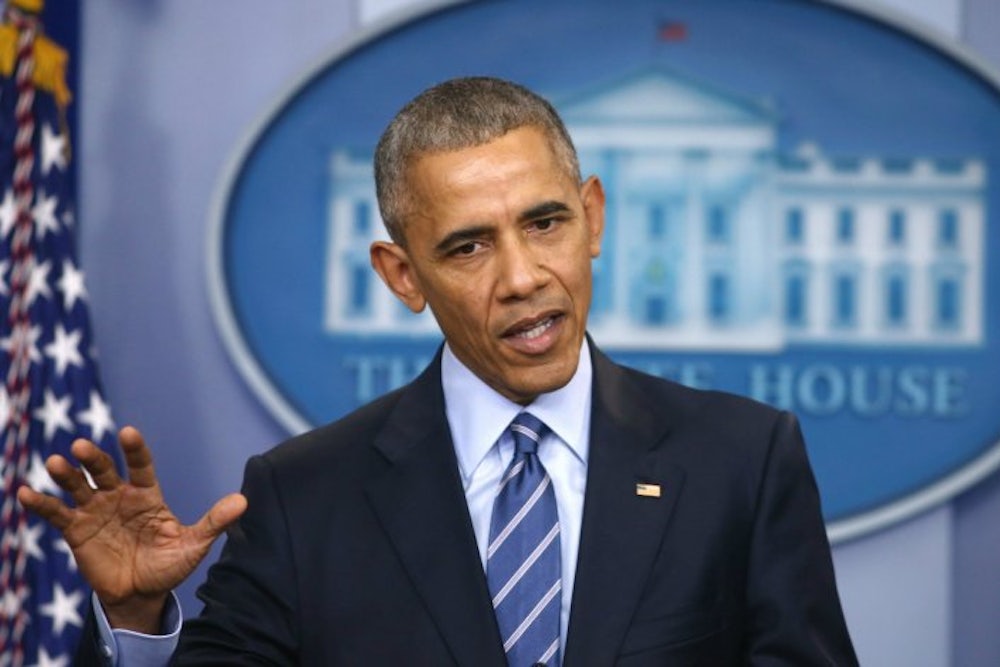There has been an understandable amount of anguish this week over the ongoing fall of Aleppo, which has featured desperate pleas for help from rebels and civilians facing slaughter by Bashar Al Assad’s Russian-backed forces. Commentators have compared the situation to some of the worst atrocities of the last century: Srebrenica, Rwanda, even the Holocaust. Many have condemned the international community in general, and the Obama administration in particular, for turning their backs on the plight of the Syrians in Aleppo.
There was a time when such condemnations would have carried more force. In the aftermath of NATO’s successful intervention in the Balkan Wars in the 1990s, there was a sense, among both Democrats and Republicans, that military interventions could be humane, efficacious responses to the problems of mass slaughter, civil war, and genocide in foreign countries. This was a major source of the bipartisan confidence in Congress, in 2002 and 2003, that the U.S. could topple Saddam Hussein and stabilize Iraq with relative ease.
But we know what happened there. And in the post-Iraq world, there is an equally understandable reluctance to deploy ground forces to yet another Middle Eastern country, especially since there is no clear hope these forces could resolve what has become a multi-faceted civil war involving proxy forces for Iran and Saudi Arabia. Obama said as much at his end-of-the-year press conference, noting that there was no scenario in which the U.S. could have much impact without deploying ground forces. Furthermore, the U.S. has no international mandate to intervene. There is, at best, tepid support in Congress for military action. Critics may want Obama do “something,” but in almost all cases “something” is a terrible option.
